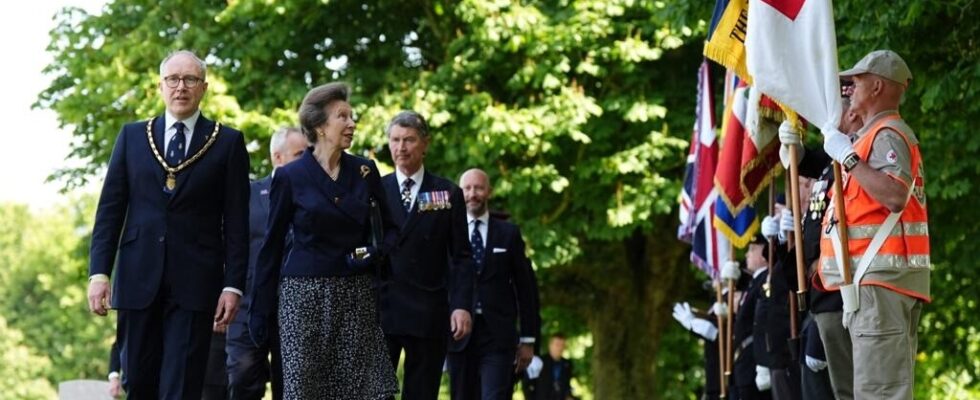80 years ago, Allied troops landed on the Normandy coast to liberate France from the Nazi regime. The ceremonies spread over three days culminate on Thursday June 6 with the presence of several dozen heads of state and government, where the absence of Russia is already an event in itself. Michel Duclos, special advisor at the Montaigne Institute and author of French diplomacy (ed. Alpha) deciphers the situation.
3 mins
RFI: What do these D-Day anniversary ceremonies represent for the States participating in them?
Michel Duclos: I would say that there is an almost anthropological character to these ceremonies. It’s a sort of tribal rite that somehow recalls the fundamentals that unite the free world. It is a celebration of solidarity between the two shores of the Atlantic at a time when this is no longer self-evident. Besides, it never went completely by itself. We must remember that when de Gaulle was President of the Republic, he considered that France should not celebrate its liberators too much since it had to rely on itself.
Also listen80 years of the Landings: “In this commemoration, there is also the dimension of reconciliation”
President Mitterrand wanted to emphasize that the French had erased resentment and wanted to celebrate their gratitude to the liberators. At a certain point, the Russians were added precisely because, as the world had changed, the rite had to take on a new dimension by including those who, in another way, had contributed to the liberation of France.
From this point of view, Russia’s absence this year is significant. Why did France end up giving up inviting its diplomats?
Probably because of the tensions which are increasingly strong at the moment (Moscow directly threatened French soldiers who could be sent as instructors to Ukraine, Editor’s note). The President of the Republic has gone further and further in supporting the Ukrainians. And now Russia is naming France as the main adversary in Europe. So it still became more difficult to pretend to have things in common with today’s Russia.
“ The timing was ill-suited for a gesture towards Moscow »
Is the French approach of encouraging dialogue with Russia no longer appropriate?
You don’t have to be categorical. I do not believe that French leaders have completely turned the page and renounced any form of dialogue with Moscow. That may change, but the timing was not right for a gesture towards Moscow for these particular ceremonies. Which left room for Ukraine. A way of bringing the event of June 6, 1944 into dialogue with current events.
You draw a very negative assessment of the “Normandy Format” (dialogue initiative between France, Germany, Russia and Ukraine to resolve the conflict and made obsolete by the Russian invasion in 2022).
The initiative was laudable, but I wonder if the mistake was not to persist for so long and maintain a four-way format instead of including the EU, Poland or even the UK. It did Europe as a whole a disservice, since Putin used this format. He exploited this negotiation to advance his pawns, divide the Europeans, ensure that while we negotiated, we did not worry about rearming.
